Mother Nature/Mother Earth is an interpretation of Nature & Earth. Mother Earth is the idea of nature in all of it's forms.She is usually seen surrounding by animals and different plants (depending on the season). Mother Nature is viewed in many different lights, usually as peaceful and tender (Similar to any mother we humans know). When "angered" she is interpreted as all of the natural disasters & bad weather. She is also viewed as a deity by many ancient religions.
For example, in the Egyptian religion Hathor & Isis were two goddesses that relate to Mother Nature. Hathor is an ancient Egyptian goddesswho personified the principles of joy, feminine love, and motherhood.She was one of the most important and popular deities throughout the history of Ancient Egypt. Hathor was worshiped by Royalty and common people alike in whose tombs she is depicted as "Mistress of the West" welcoming the dead into the next life.In other roles she was a goddess of music, dance, foreign lands and fertility who helped women in childbirth,as well as the patron goddess of miners.
Isis is also a goddess in ancient Egyptianreligious beliefs, whose worship spread throughout the Greco-Roman world. She was worshipped as the ideal mother and wife as well as the patron of nature and magic. She was the friend of slaves, sinners, artisans, and the downtrodden, and she listened to the prayers of the wealthy, maidens, aristocrats, and rulers.Isis is often depicted as the mother of Horus, the hawk-headed god of war and protection (although in some traditions Horus's mother was Hathor. Isis is also known as protector of the dead and goddess of children.
The religious beliefs of the indigenous people of the Andes worship a motherly figure as well. Pachamamais usually translated as Mother Earth, but a more literal translation would be "Mother world". Pachamamais a fertility goddess who presides over planting and harvesting. She causes earthquakes. Her husband was either Pacha Comacor Inti, depending on the source. Llamasare sacrificed to her. After the conquest by Spain, which forced conversionto Roman Catholicism, the figure of the Virgin Marybecame united with that of the Pachamama for many of the indigenous people.
Wicca and some other Neo-Pagans worship the Mother Goddess. Most commonly she is worshiped as a Triple Goddess; usually envisioned as the Maiden, Mother, and Cronearchetypes. She is associated with the full moon and stars, as well as the Earth and sea.The term "Great Goddess" refers to a mother goddess in some contemporary Neopagan and Wiccan religions.Even among those who are not Pagan, expressions such as Mother Earth and Mother Nature are in common usage, personifying the Earth's ecology as a fertile and sustaining mother.
Peaceful:
Angered:
History (Origin)
The word nature comes from the Latin word, natura, meaning birth or character. In English its first recorded use, in the sense of the entirety of the phenomena of the world, was very late in history in 1662; however natura, and the personification of Mother Nature, was widely popular in the Middle Ages and can be traced to Ancient Greece in origin. The pre-Socratic philosophers of Greece had invented nature when they abstracted the entirety of phenomena of the world into a single name and spoken of as a single object: Natura. Later Greek thinkers such as Aristotle were not as entirely inclusive, excluding the stars and moon, the "supernatural", from nature. Thus from this Aristotelian view - nature existing inside a larger framework and not inclusive of everything - nature became a personified deity, and it is from this we have the origins of a mythological goddess nature. Later medieval Christian thinkers did not see nature as inclusive of everything, but thought that she was created by God, her place lay on earth, below the heavens and moon. Nature lay somewhere in the middle, with agents above her (angels) and below her (demons and hell). For the medieval mind she was only a personification, not a goddess. The modern concept of nature, all inclusive of all phenomenon, has returned to its original pre-Socratic roots, no longer a personification or deity except in a rhetorical sense, a bow to her illustrious traditions.
Note: This page was "remodeled" at 4:00am, so I apologize for all and any mistakes due to my own sluggishness.
I also used many links off of this page to get more information (Hathor & Isis, mostly)
Mother Nature is on this wiki because some people do not believe in her, therefore to them she is a myth. Also, to some she is an interpretation of Nature and the birth of the world rather than a figure.



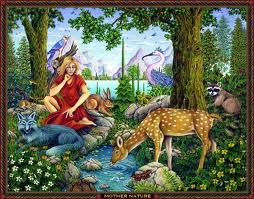
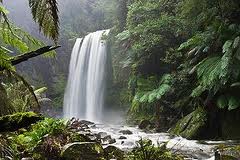
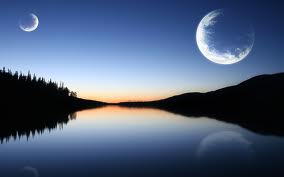
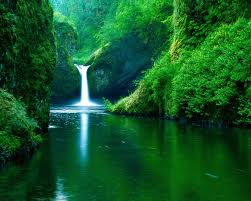
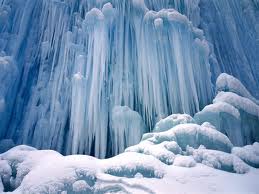
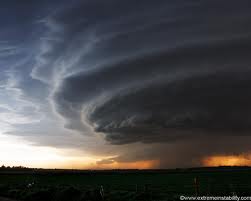

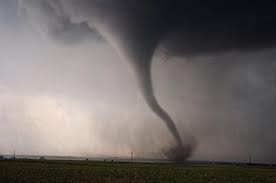
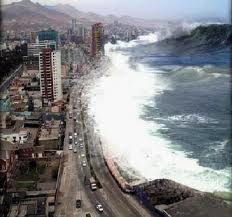

 I'm sorry for my sloppiness, but it's too darn late for this. I'll fix it after my coffee refill tomorrow.
- WolfsbaneLobo
I'm sorry for my sloppiness, but it's too darn late for this. I'll fix it after my coffee refill tomorrow.
- WolfsbaneLobo